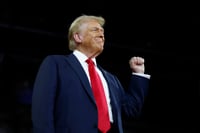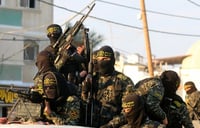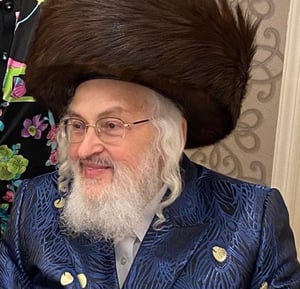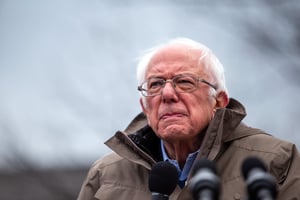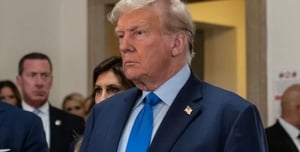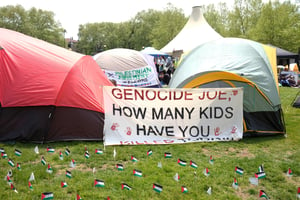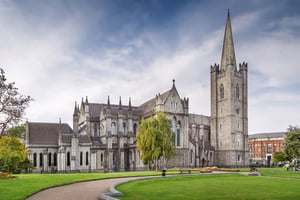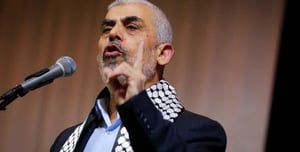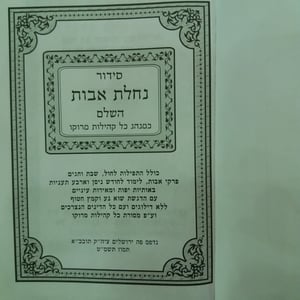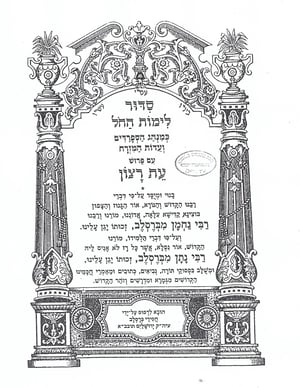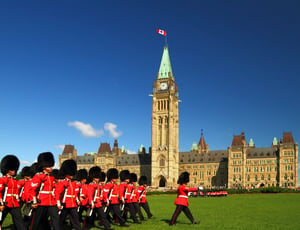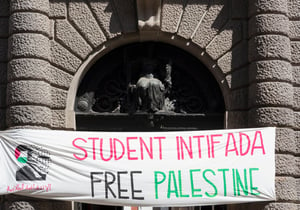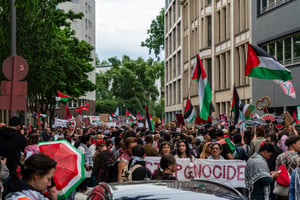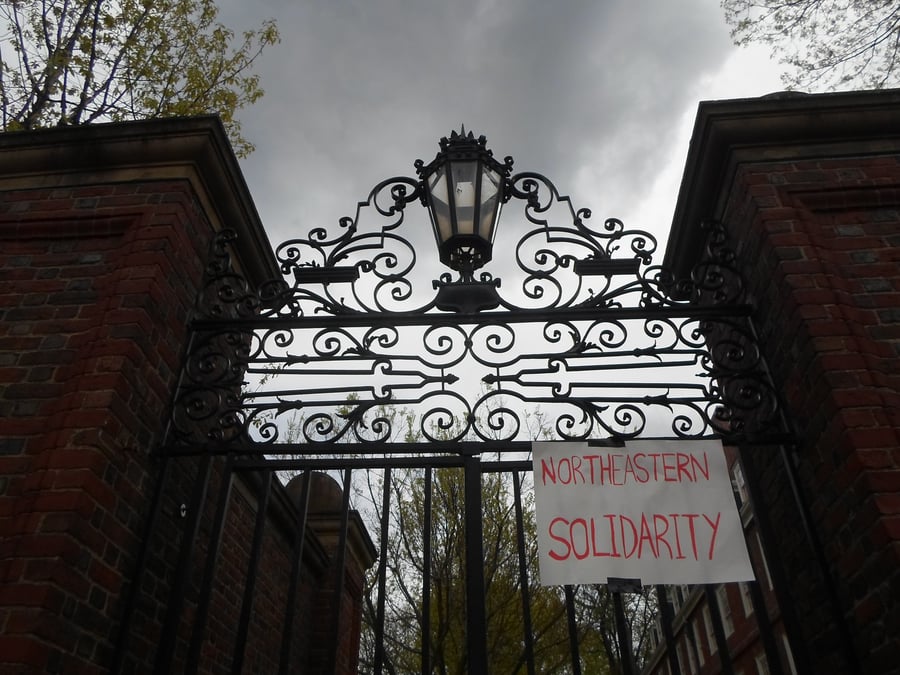
Harvard University has quietly rolled back its punishments for pro-Palestinian protesters who transformed Harvard Yard into a tent city for nearly five weeks. This unexpected move has reignited smoldering tensions and left the campus community reeling.
The air in Cambridge is thick with a mix of jubilation and dismay. Where once stood the threat of multi-semester suspensions, now lies a patchwork of reduced probations and rescinded punishments. The most severe sanction—a three-semester withdrawal—has been whittled down to a single semester of probation, a change as stark as New England's seasons.
For the members of Harvard Out of Occupied Palestine (HOOP), this reversal tastes of victory. Their voices, once raised in defiant chants across the Yard, now echo through social media with triumphant declarations. "Harvard has caved in," they proclaim, their words tinged with the fervor of revolution. "The student intifada will always prevail."
But for others, particularly Jewish students who have felt the sting of increased antisemitism on campus, Harvard's decision feels like a betrayal. Shabbos Kestenbaum, his voice heavy with disappointment, asks, "What?! Harvard reverses the very few suspensions they gave to students who harassed Jews and called for violence?"
This decision comes at a pivotal moment for America's oldest university. Harvard stands at a crossroads, its reputation tarnished by accusations of fostering antisemitism and mishandling hate incidents. The ghosts of recent scandals—a president's resignation, faculty sharing antisemitic cartoons, protesters surrounding Jewish students—still haunt the ivy-covered buildings.
As news of the reversal spreads, the reaction is visceral. The Harvard Jewish Alumni Alliance's statement cuts to the bone: "It's fine to ignore Harvard's rules as long as you're putting Jews in their place." Their words drip with sarcasm, masking a deeper pain.
Meanwhile, in Washington, the wheels of investigation continue to turn. Congress watches Harvard's every move, its probe into the university's handling of antisemitism gaining new urgency with each development. And in courtrooms, the rustle of legal papers grows louder as Jewish students press forward with their discrimination lawsuit.
As twilight falls over Harvard Yard, the air is charged with uncertainty. The university that has shaped American leaders for centuries now finds itself shaped by forces it struggles to control. In the balance hang not just the fates of individual students, but the very soul of an institution grappling with its place in a changing world.
* Algemeiner contributed to this article.


